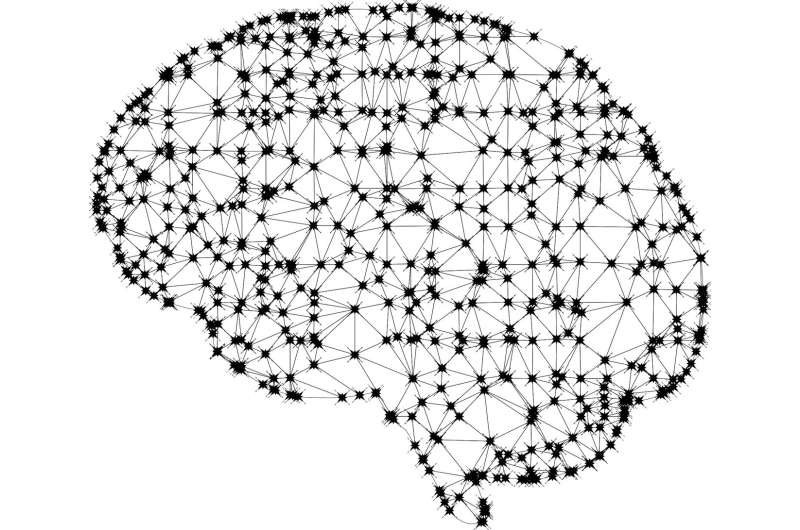Machine learning can help address stigma of substance abuse in developing countries

In developing countries, people with substance-abuse issues can sometimes face shame and find it difficult to get help.
Now, a research team is using machine learning and anonymized data to get a clearer picture of the underlying factors that influence tendencies to abuse drugs and alcohol.
The research provides a rare insight into a somewhat neglected subject because of social and cultural taboos. The research team hopes their work can eventually make it easier for people to get help.
Some of the most significant risk factors identified through the research include family relationships, a general curiosity about experimenting with drugs, and whether friends also abuse substances.
"In a country like Bangladesh, people can be hesitant to discuss substance abuse issues," said Enamul Haque, a Ph.D. researcher in computer science at the University of Waterloo. "This kind of research will enable policy-makers to have better information and then be able to design better programs to help address substance abuse."
The new research incorporated data from multiple sources, including mass online surveys and one-on-one interviews. Most of the survey data came from developing countries in South Asia.
"Within the countries where we conducted the survey, we collected data from a broad and diverse pool of respondents," Haque said. "We looked for different respondents based on age, gender and socio-economic context."
After collecting a massive amount of data, the team used machine-learning algorithms to find patterns and help identify key risk factors for substance abuse. The computer science aspect of the research project involved several stages of data analysis and refinement.
"I really hope this research can help people dealing with substance abuse issues and get them the support they need," Haque said.
The new paper, "A Machine Learning Model for Predicting Individual Substance Abuse with Associated Risk-Factors," from Haque and co-authors Uwaise Ibna Islam, Dheyaaldin Alsalman, Muhammad Nazrul Islam, Mohammad Ali Moni, and Iqbal H. Sarker, appears in the journal Annals of Data Science.
More information: Uwaise Ibna Islam et al, A Machine Learning Model for Predicting Individual Substance Abuse with Associated Risk-Factors, Annals of Data Science (2022). DOI: 10.1007/s40745-022-00381-0



















